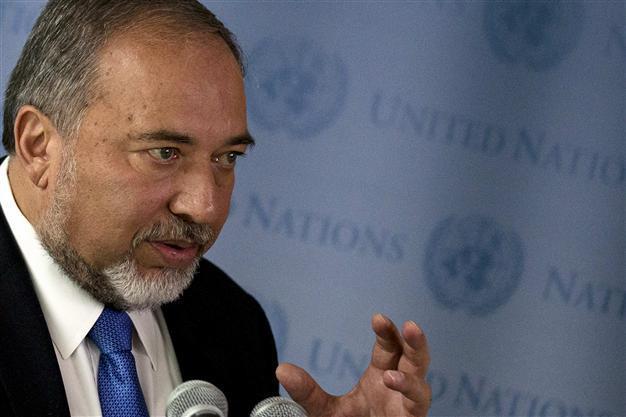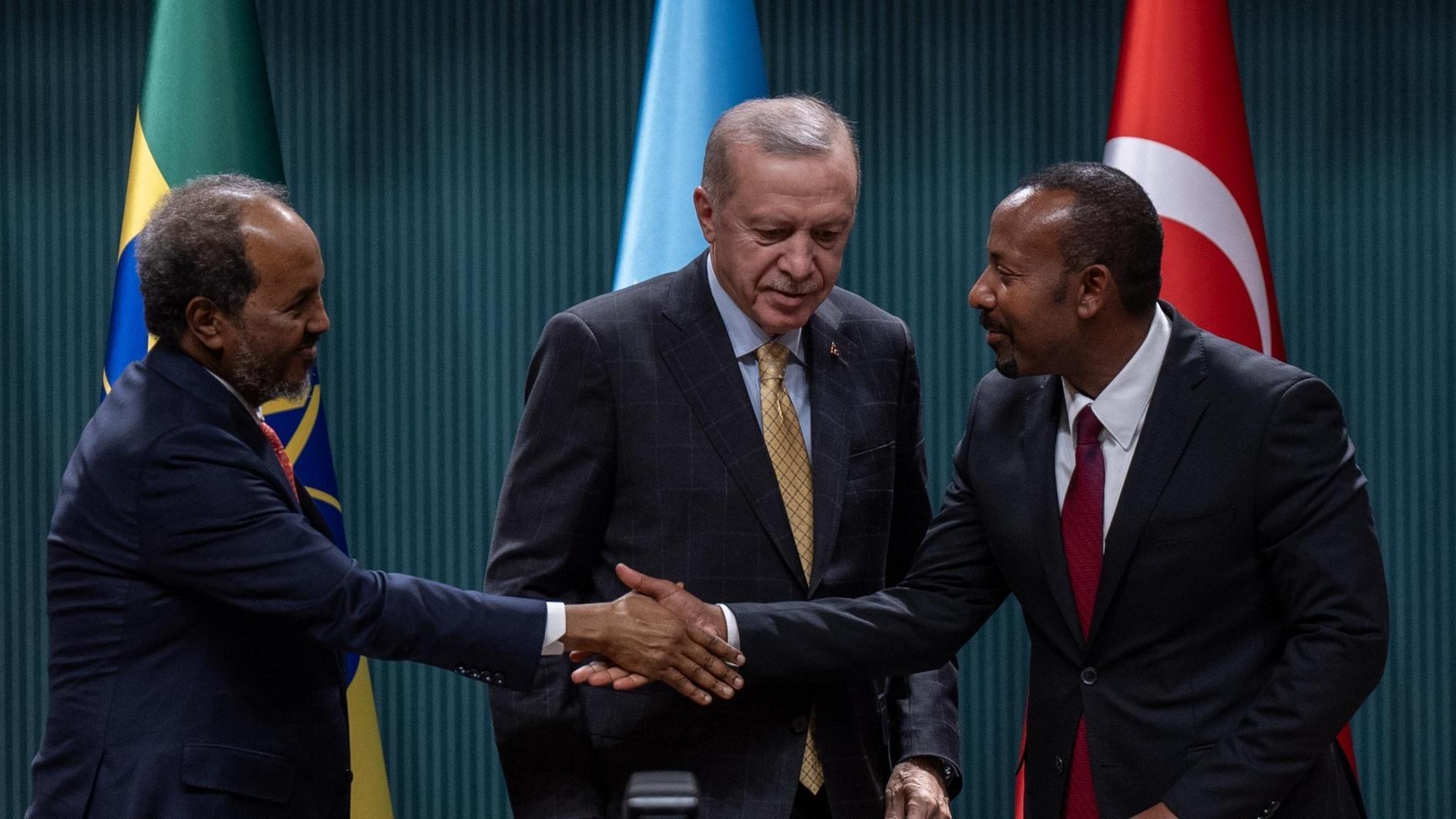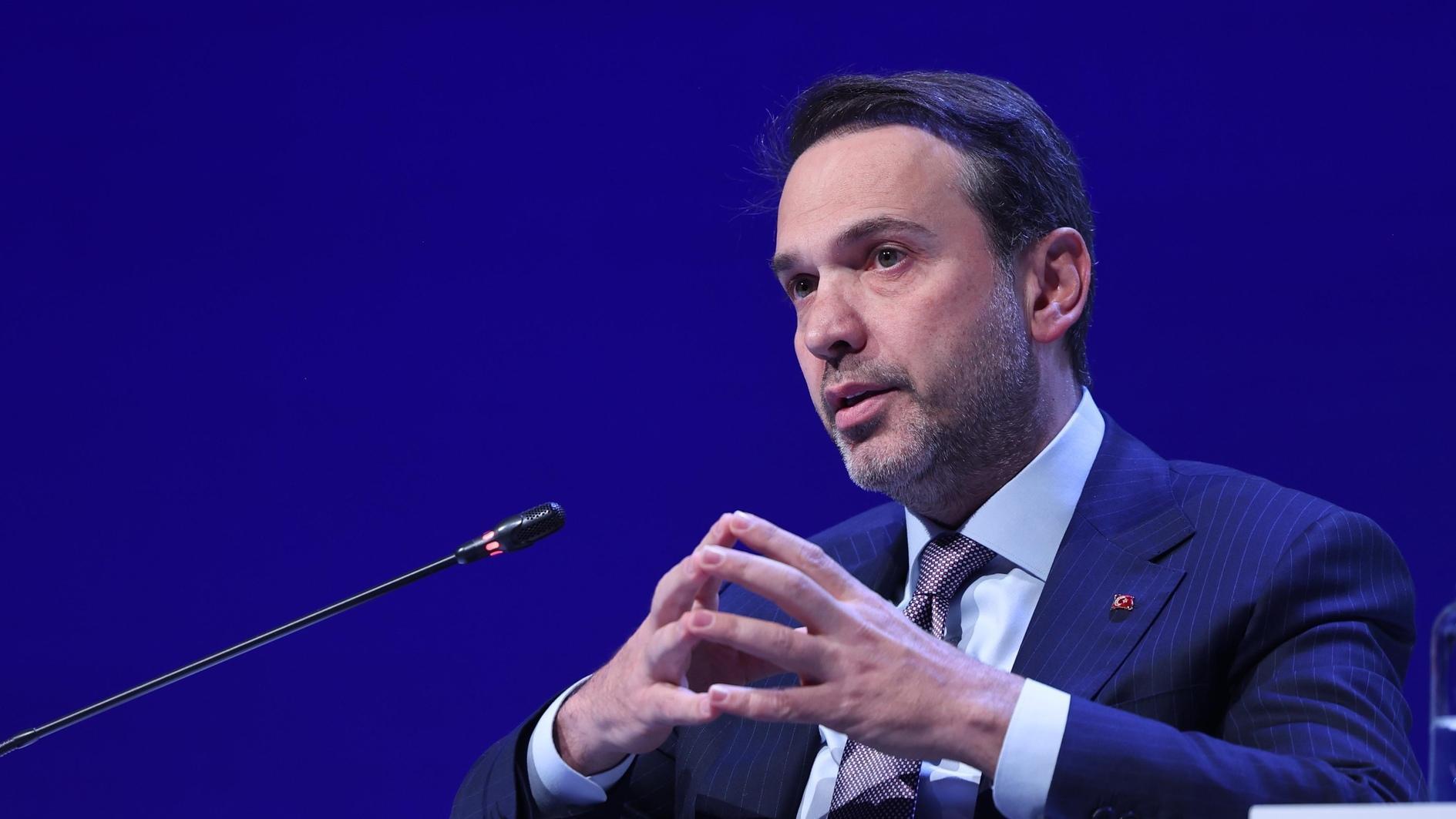Israel chides Swedish PM over Palestinian state
JERUSALEM - Agence France-Presse

Israel's Foreign Minister Avigdor Lieberman. REUTERS Photo
Israel has hit out at Sweden's newly elected prime minister Stefan Loefven over his decision to recognise a Palestinian state."Foreign Minister Avigdor Lieberman said that he regrets that the new prime minister was in a hurry to make statements on Sweden's position regarding recognition of a Palestinian state, apparently before he had time even to study the issue in depth," Lieberman's office quoted him as saying, in a statement issued late Saturday.
It added that Sweden's ambassador to Israel, Carl Magnus Nesser, "will be invited for a talk at the foreign ministry in Jerusalem," but did not say when.
"Prime Minister Loefven needs to understand that no statement or act by an external party can be a substitute for direct negotiations between the sides," the statement said.
Social Democrat leader Loefven -- who won last month's general election -- said on Friday his country wanted to bolster a two-state solution to the Israeli-Palestinian conflict.
"A two-state solution requires mutual recognition and the will to co-exist peacefully," Loefven said in his inaugural address to parliament.
This should take place with respect for the "legitimate demands of the Palestinians and the Israelis as regards their right to self-determination and security", he added.
Sweden voted in favour of Palestinian observer status at the United Nations in 2012, which was granted despite opposition from the United States and other countries.
Seven EU members in eastern European and the Mediterranean have already recognised a Palestinian state, namely Bulgaria, Cyprus, the Czech Republic, Hungary, Malta, Poland and Romania.
Non-EU member Iceland is the only other western European nation to have done so.
Loefven's statement was warmly welcomed by the Palestinians but the United States, Israel's ally, said it was a step too soon.
"We believe international recognition of a Palestinian state is premature," said State Department spokeswoman Jen Psaki.
















